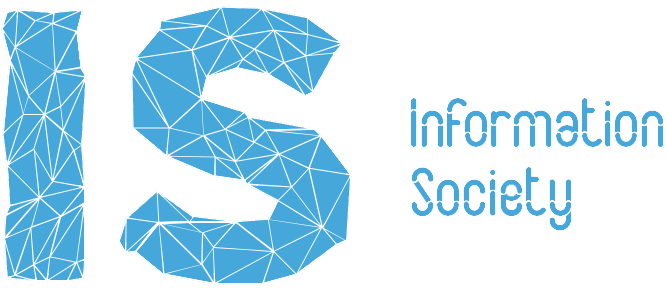Anton Justin and Alenka Bijol
Abstract
Digitalization in healthcare is essential for improving the quality of patient care, as
demonstrated by the General Hospital Jesenice. This article explores the
implementation of digital solutions in specialist outpatient clinics and hospital
departments and their impact on diagnostic and therapeutic procedures. The use of
digital tools enables safer, more transparent, and efficient patient care, reducing errors
and administrative burdens while increasing patient satisfaction. The article highlights
four key digital implementations: the introduction of electronic health records (EHR) in
the diabetic clinic, the integration of information systems in the cardiovascular
diagnostics unit, patient education through video content in the otorhinolaryngology
clinic, and electronic documentation of patient falls. The EHR enables continuous and
standardized care, reducing redundant tests and lowering treatment costs. The
integration of information systems enhances data traceability and speeds up
responses in patient care, while video content improves patients’ understanding of
diagnostic procedures and their engagement in treatment. Electronic documentation
of falls allows quicker risk assessment and consistent recording of all required
data. Despite the success in digitalization, the hospital faces challenges such as
employee resistance to change, the need for additional training, and concerns about
data protection. Additional legislation is needed to safeguard sensitive patient data and
ensure the secure use of information technology. The article emphasizes that
successful digital transformation relies on leadership support, active stakeholder
involvement, and continuous staff motivation. Future plans include expanding the use
of EHRs across all clinics, upgrading video content with QR codes, and integrating
applications that allow data transfer from home environments to hospital
systems. Digitalization and the transformation of healthcare services offer
opportunities for higher-quality, safer, and more patient-centered care, while also
improving workflows for healthcare providers.
